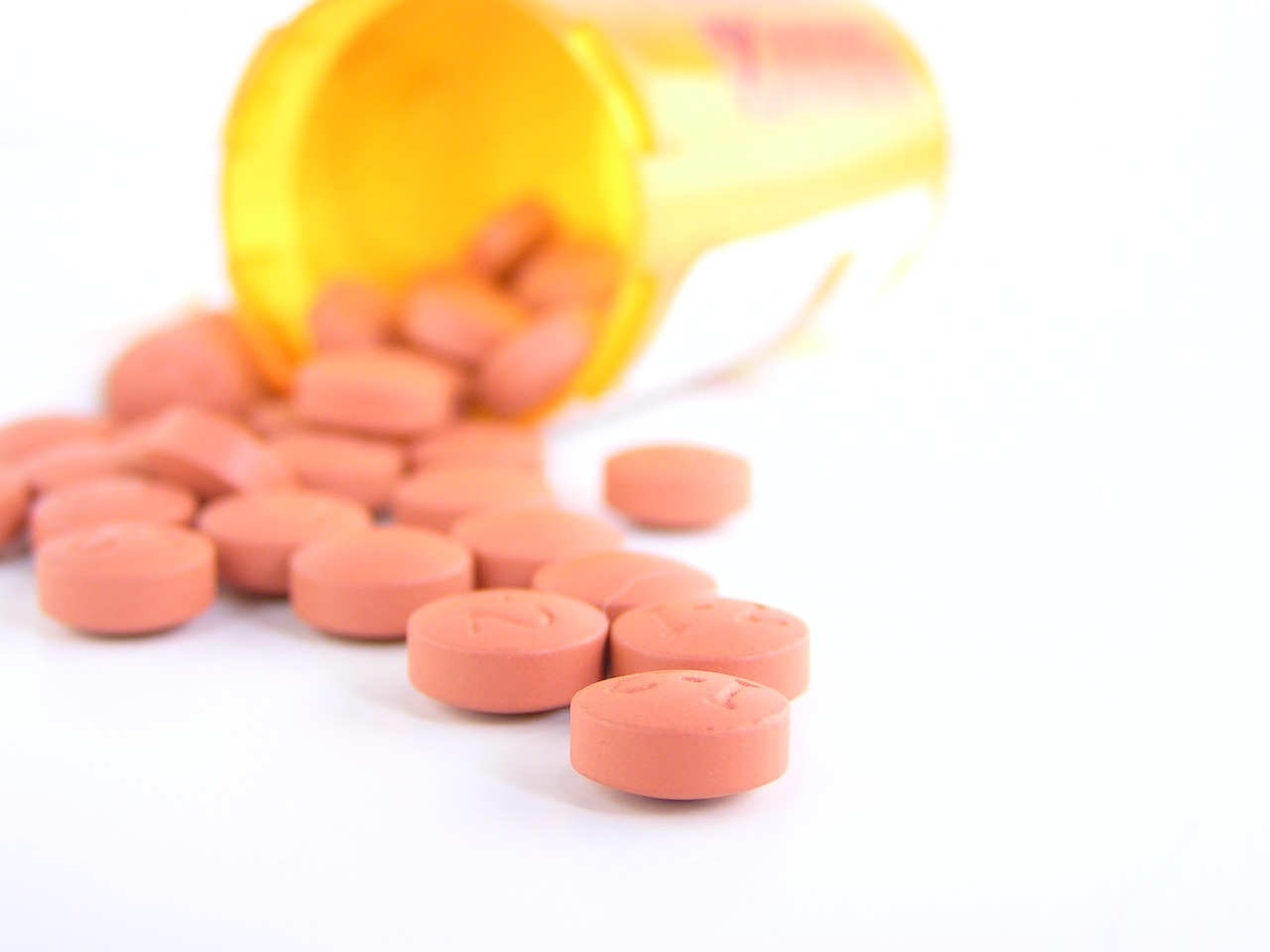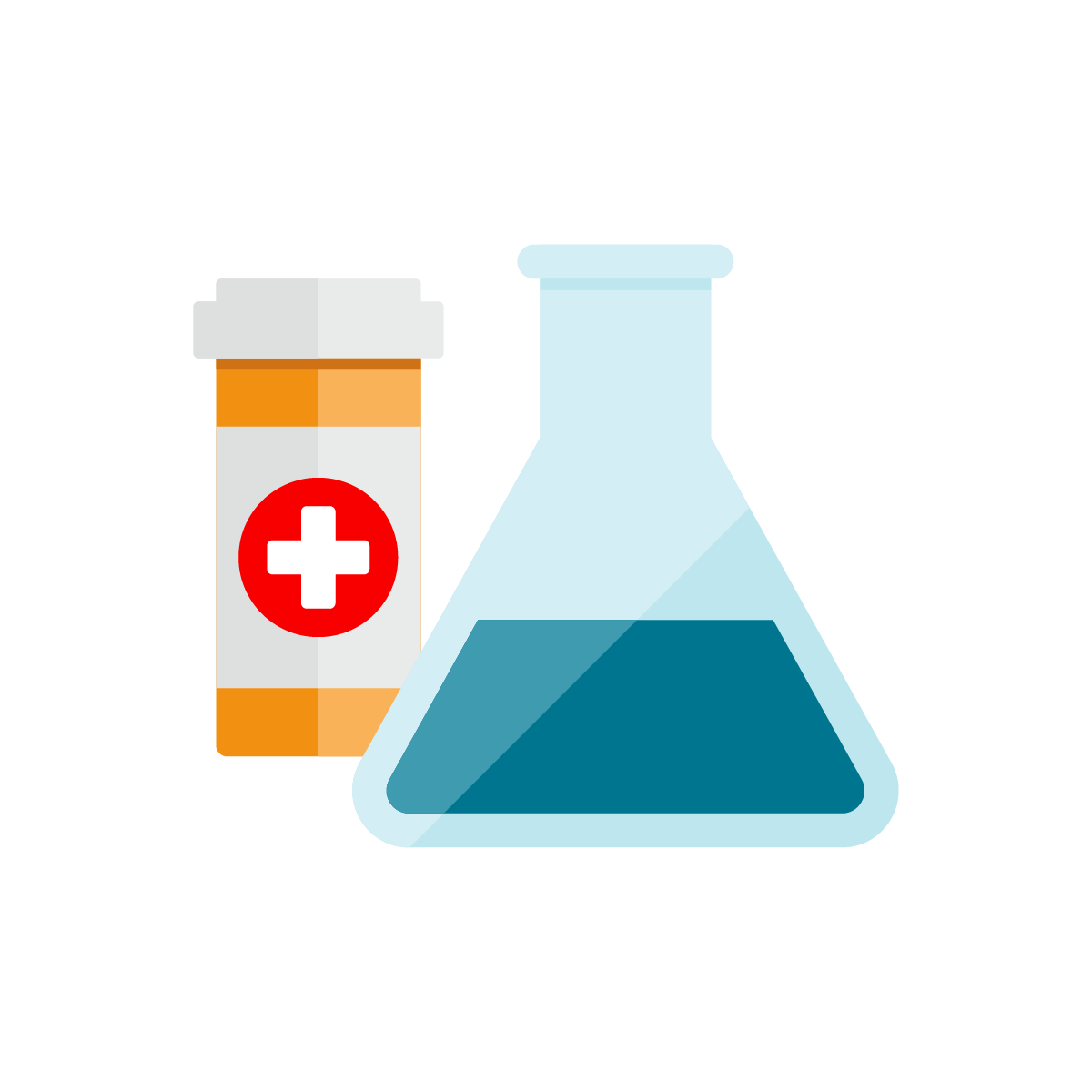The White House has had enough of uncontrolled price hikes in the pharmaceutical industry. On February 26, 2019, big names in pharma will have a showdown before the Senate in a drug pricing hearing.
So far, six of seven big pharma companies have confirmed attendance to “Drug Pricing in America: A Prescription for Change, Part II.” Why ‘Part II’? None of the “invited” companies showed up for Part I, scheduled just last week.
Senator Chuck Grassley, R-Iowa, and Senator Ron Wyden, D-Ore, organized the second hearing, this time disclosing the attendee list as a way to pressure CEOs to attend. Executives from AbbVie, Bristol-Myers Squibb, Johnson & Johnson, Merck, Pfizer and Sanofi have confirmed; only AstraZeneca has yet to RSVP.
The long-overdue meeting will likely scrutinize the rationale and methods behind price hikes of major drugs from each pharma company. Like other goods and services, drug prices need to be adjusted to reflect inflation and market competition. But drug pricing policies are usually much more complicated than that, and you won’t often find these policies clearly laid out on a company website.
Several notable pharma companies attracted significant media attention due to outlandish drug price hikes. Most famously, Turing Pharma CEO Martin Shkreli increased the price of Daraprim, an antiparasitic drug by 5,000% in 2015, claiming the mark-up would cover manufacturing costs and future R&D.
Some US states have passed laws to cap drug prices or disclose which drugs will experience a price hike. Despite making drug pricing policies more transparent, companies continue to hike prices in 2019.
Not everyone bounces back from bad PR the way these big pharma companies do. The specialty pharma group, Novum Pharmaceuticals, known for increasing the price of its prescription dermatology gels up by nearly 2,800 percent, recently filed for bankruptcy – which they claim is unrelated to the price hike scandal.
The confusing web of drug pricing policies has pharma companies, insurance companies or payers and hospitals pointing their fingers at one another. The Pharmaceutical Research and Manufacturers of America blames the way pharmacy benefit managers (PBMs) get paid. They reason that PBMs are encouraged to hike up drug prices so that they could get a higher cut. On a separate occasion, the trade group blamed hospitals for unreasonable price hikes, citing increases of nearly 500 percent for prescription drugs.
President Trump has made clear that high drug prices are a major priority on his list. At his State of the Union address, he reiterated his plans to include drug prices in direct-to-consumer ads, change the drug rebate model as well as Medicare policies.
But what can we expect from the Senate Finance meeting? It appears both sides want what’s best for the American people: to make drugs more affordable and accessible. Whether or not Senators and pharma executives can meet in the middle is still up for debate.












Join or login to leave a comment
JOIN LOGIN